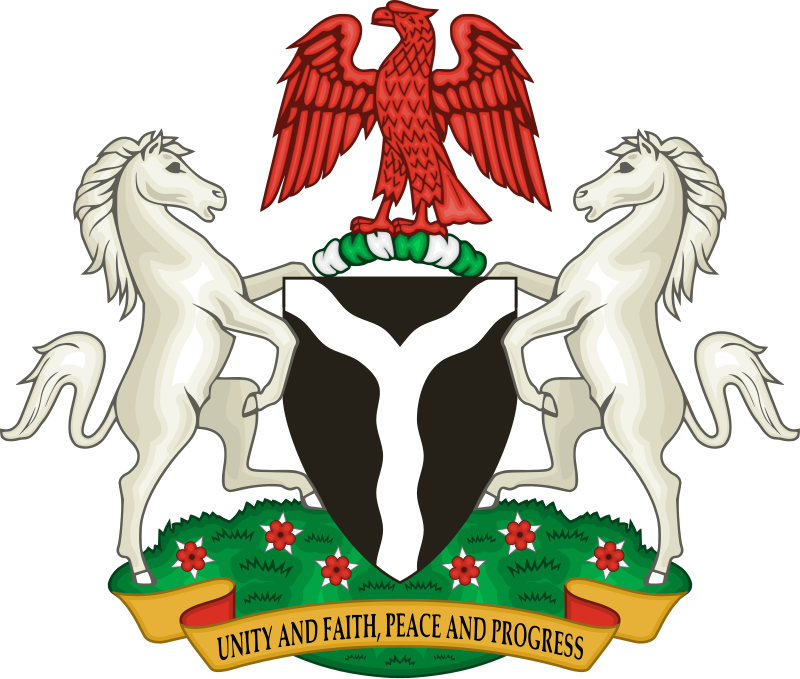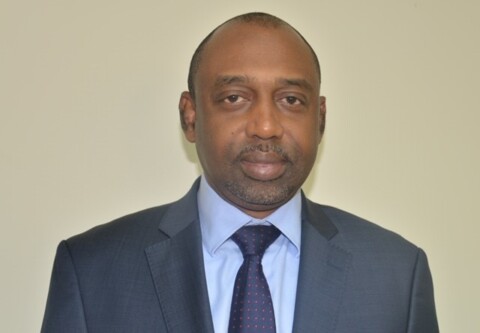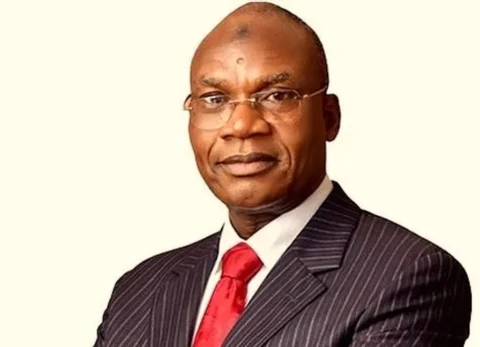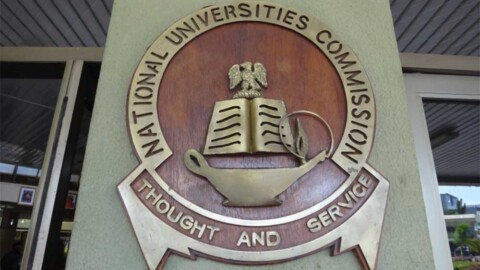The Federal Government has restated its commitment to establishing an inclusive education system where every learner—regardless of gender, disability, socio-economic status, or background—is welcomed, protected, and empowered to thrive.
Minister of State for Education, Prof. Suwaiba Sa’idu Ahmad, made this known in Abuja during a two-day capacity-building workshop for Special Education Desk Officers from the 36 states and the Federal Capital Territory (FCT). The event was organised by the National Senior Secondary Education Commission (NSSEC) with the theme “Promoting Inclusive, Safe and Gender-Sensitive Learning Environments for All.”
Prof. Ahmad, represented by Deputy Director in the Ministry’s Science and Technology Department, Kehinde Osinaike, noted that Nigeria’s National Policy on Inclusive Education was designed to eliminate barriers to learning, ensure equity, and enhance access to quality education for all—particularly learners with disabilities and those facing systemic disadvantages.
She also highlighted the National Policy on Gender Education, which provides a framework for removing gender-based disparities and ensuring that both boys and girls benefit equally from educational opportunities. “But as we all know, policies are only as effective as their implementation,” she cautioned. “We must go beyond rhetoric.”
The minister called for greater collaboration among school owners, development partners, and state governments in promoting inclusive and gender-sensitive learning environments across the country. She reaffirmed the administration’s commitment under President Bola Ahmed Tinubu to advance equitable and inclusive education nationwide.
Executive Secretary of NSSEC, Dr. Iyela Ajayi, said the purpose of the workshop was to empower Special Education Officers with updated strategies and knowledge needed to implement inclusive education policies, especially those aimed at tackling gender-based violence (GBV) in schools.
“For there to be real and lasting change,” Dr. Ajayi said, “we must strengthen the capacity of frontline officers, who serve as the bridge between policy and practice in our schools and communities.” He stressed that the goal is to transform senior secondary schools into inclusive learning sanctuaries where all students, regardless of their abilities, gender, or backgrounds, feel safe and valued.
“You are the architects of inclusion,” Ajayi told the participants. “Your role is central to breaking down barriers, promoting a culture of acceptance, and ensuring no learner is left behind.”
Also speaking at the event, Executive Secretary of the National Commission for Persons with Disabilities, Ayuba Gufwan, underscored the importance of addressing the needs of over 35.5 million Nigerians living with disabilities. He noted that many schools still lack basic accessibility features such as ramps, which hinders the inclusion of persons with disabilities (PWDs).
“Truthfully, every human being lives with some form of disability—whether visible or not,” Gufwan said. “We must stop ignoring their challenges and start designing schools that accommodate everyone.”
The workshop concluded with a collective call for action to translate inclusive education policies into practical changes across Nigerian schools.





